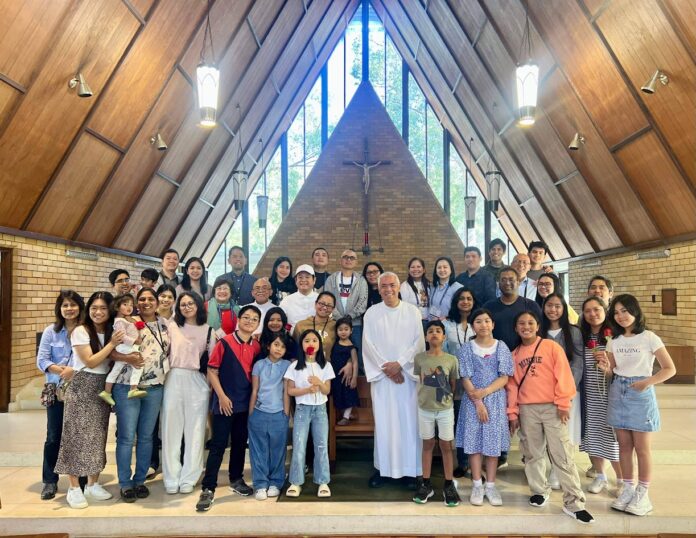Every year, the Catholic Church invites us to pause, pray, and reignite our missionary spirit on Mission Sunday. This year, as the Missionary Family of Christ’s adopted theme “Pilgrims of Hope” is close to conclusion, I feel deeply moved to reflect on what it means to be a missionary in my own way as a member of the community.
Early this year, we decided to move from Sydney to Adelaide, making our pilgrimage from a place where MFC has been well-established to an area where we barely had members from the community. So this circumstance presents a new opportunity to extend its presence in South Australia. It’s challenging, but we have
For me, Mission Sunday is more than an event on the Church’s calendar but a moment for renewal as devout Catholics who are also called to do mission. As a member of the Missionary Families of Christ (MFC), this celebration reminds me of our community’s deeper calling: to be families empowered by the Holy Spirit to “renew the face of the earth.”
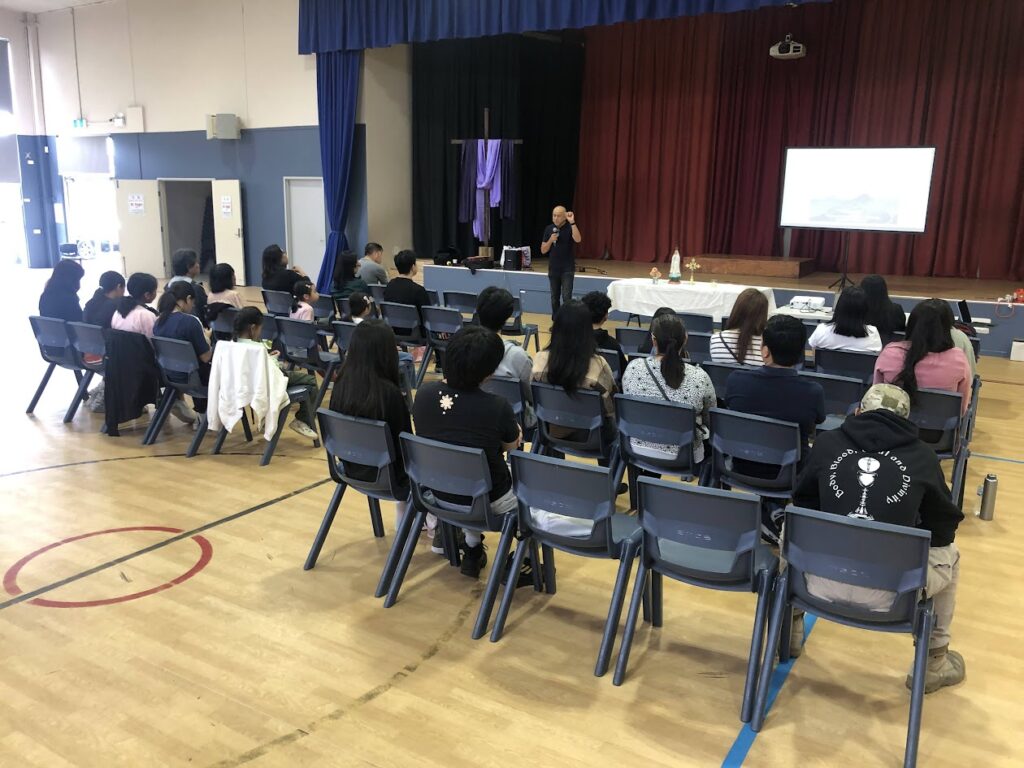
After our transition from Couples for Christ to Missionary Families of Christ, our mission has become even clearer. True to our new name, every family—regardless of its season or struggle—is a vessel of God’s love, called to bring His presence to the ends of the earth.
Every third Sunday of October, Catholics around the globe unite in prayer and giving for World Mission Sunday, a tradition that was instituded by Pope Pius XI in 1926 through the Society for the Propagation of the Faith.
Over the years, the Pontifical Mission Societies have coordinated efforts globally, ensuring that donations collected on this day directly support missionary dioceses, seminaries, schools, healthcare centres, and pastoral activities in some of the world’s poorest regions.
When I was in high school, Mission Sunday fundraising campaign was gamefied through weekly tally of classes who donated the most, and receiving recognition in the process. To me it was more of bragging rights on who is the most generous. Later, I realize that raising funds is the easier part of the mission; the grunt work of traveling to unfamiliar lands, facing rejection, and even prosecution was the responsibility of missionaries.
Ths missionaries did a variety of ways, from establishing schools and orphanages to offering literacy programs and medical assistance where none existed before. In parts of Nigeria, Papua New Guinea, and Myanmar, World Mission Sunday contributions have helped construct parish churches and small chapels, giving rural communities a sacred place for worship and gatherings.
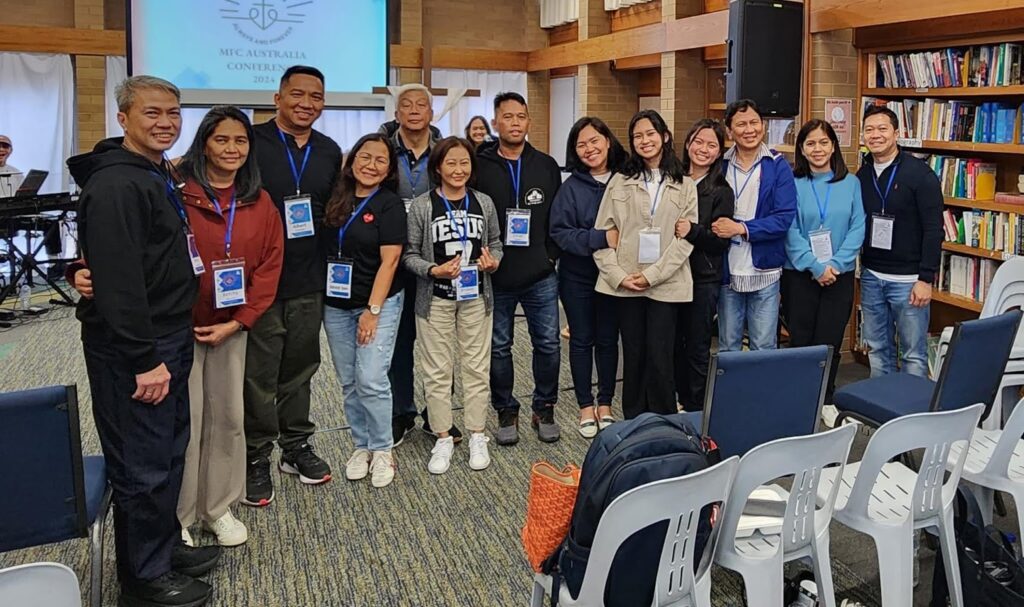
Introducing faith is better done in tandem with service as a genuine fulfilment of God’s command. In Peru, Madagascar, and Sri Lanka, the Church’s missionary branches have established orphanages, homes for street children, and feeding programs made possible through the global collection.
“Go therefore and make disciples of all nations, baptizing them in the name of the Father and of the Son and of the Holy Spirit, and teaching them to obey everything that I have commanded you. And remember, I am with you always, to the end of the age.” (Mt 28:19-20)
While missionaries have brought faith and hope to countless communities, their work has often been marked by sacrifice, danger, and suffering. For instance, the 1996 tragedy in Algeria, where seven Trappist monks from the Tibhirine monastery were kidnapped and murdered, remains one of the most moving testimonies of faith and martyrdom in modern times. Coincidentally, this year’s World Mission Sunday also saw seven new saints were canonised by Pope Leo XIV.
When our community’s identity transitioned to become the Missionary Families of Christ, it felt like a call to focus on a renewed purpose. Our name itself is an invitation to action: to be a missionary, not only by traveling far, like how we moved from the Philippines to Hong Kong to Australia, but by living out the Gospel in every encounter.
I am reminded that our structure — serving in the Kids, Youth, Singles, or Couples section exists to reflect the Church as one body. Each ministry complements the other, all working toward one vision: families fully alive in Christ.
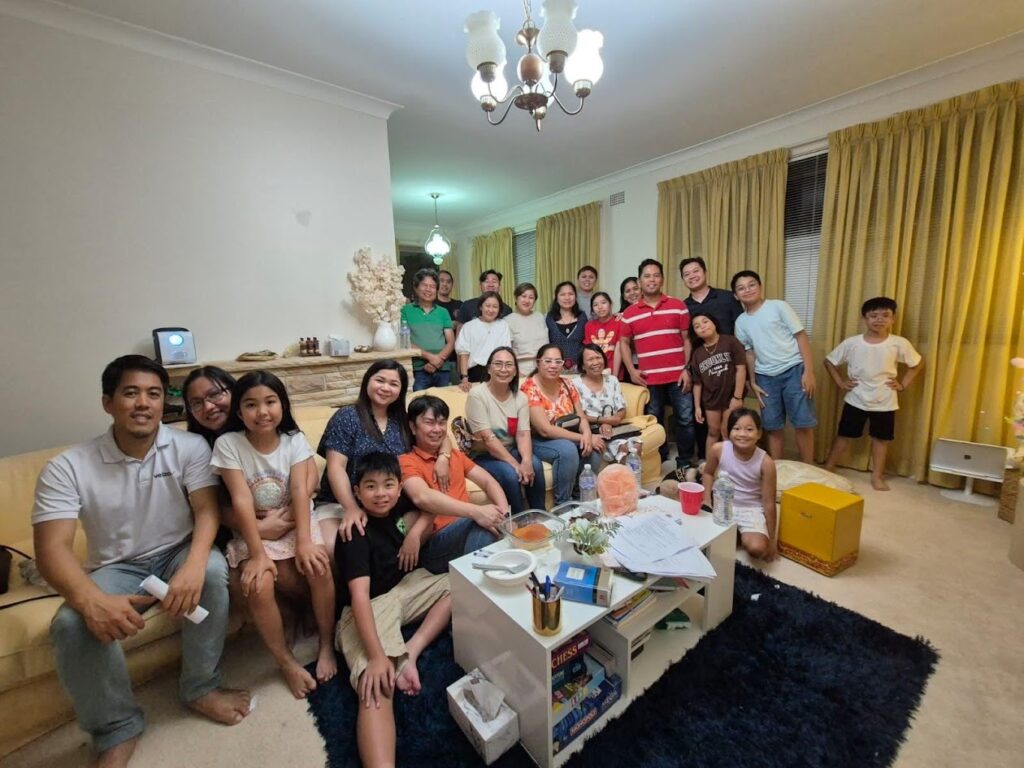
I’ve seen how MFC families have become living witnesses in workplaces, parishes, and online spaces, showing that evangelization is no longer confined to pulpits — it begins in homes, where families as a domestic church is led by the father whose role is also the pastor, provider and protector. Mission work begins right where we are, at home, within our families, between our neighbors.
Every time I meet a fellow member, I see in them a different expression of God’s grace. Some excel in leading worship or playing instruments, others give talks or quietly serve through serving in the background. Each of us, regardless of role or age, shares in the same mission — to bring others closer to Christ.
Being a “fisher of men” does not mean grand preaching or public miracles; it can also be in the form of listening patiently, forgiving when it’s hardest, or teaching our children to pray.
Yet even among us who are called, I’ve noticed challenges that weigh us down. Some members hesitate to lead or say yes to missions because they feel unworthy or too busy. Others doubt that their small efforts matter at all. At times, this leads to a stagnant faith, where participation replaces transformation.
I sometimes get reminded that the best ability is availability. When God called Moses to free Israel, he protested: “I am slow of speech and tongue.” But God replied, “Who gave human beings their mouths? … Now go; I will help you speak.” (Exodus 3:10-11) When the angel Gabriel told Mary she would bear the Son of God, she didn’t fully understand — yet she answered, “Let it be done to me according to your word,” (Luke 1:26–38) fulfilling the role as the mother of God.
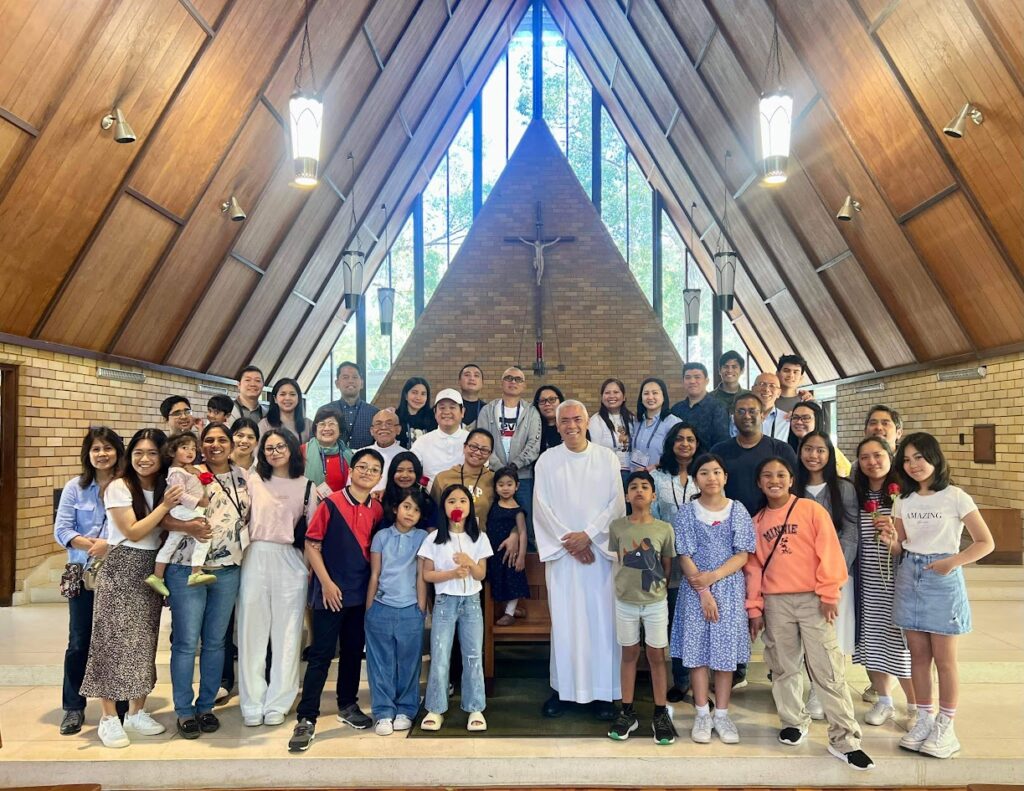
I see myself in those moments too. When fear of inadequacy whispers louder than the call of service. But then, I remember how Jesus chose simple fishermen, calling them not for their skills but for their obedience: “Come, follow Me, and I will make you fishers of men” (Matthew 4:19). He turned their ordinariness into instruments of grace, and He can do the same with each of us.
It is comforting to know that God equips those He calls. What He seeks is our willingness, not our perfection. Like the prophet who said, “Here am I, send me!” (Isaiah 6:8), I, too, am learning to say yes even when I feel unprepared.
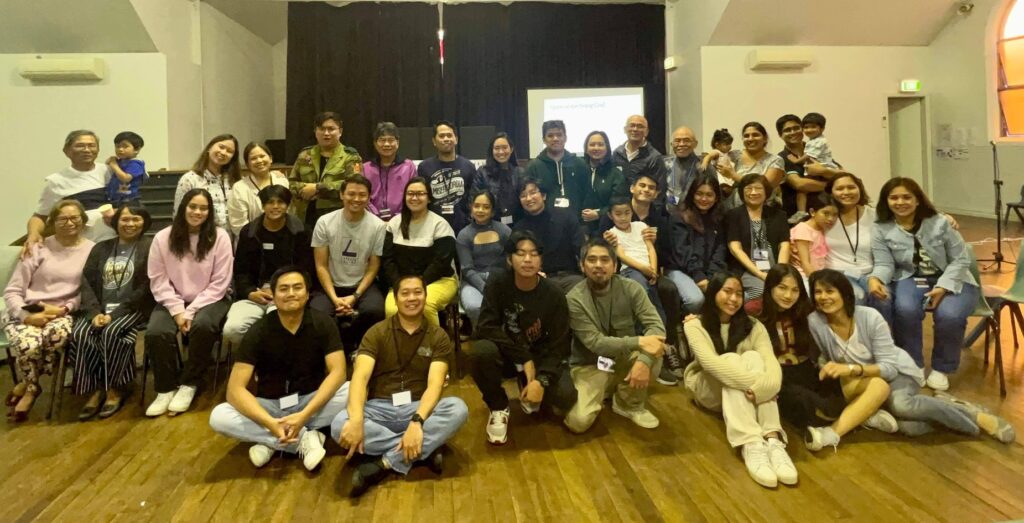
Scripture reminds us again and again:
- “Each of you should use whatever gift you have received to serve others” (1 Peter 4:10–11).
- “Serve one another humbly in love” (Galatians 5:13).
- “I consider my life worth nothing to me; my only aim is to finish the race and complete the task the Lord Jesus has given me” (Acts 20:24).
Through small acts like sending encouragement, praying for the sick, teaching children, or visiting those in need, we become God’s hands and voice. Every “yes” we give plants a seed of hope in someone else’s heart. This is also timely to me, figuratively been planted in the suburb of Hope Valley, here in Adelaide.
So today, I challenge myself and every member of our community: Let us no longer be content with mere membership. Let us reignite our missionary fire, engaging our families, serving in parishes, and local communities. Let us be living witnesses of hope among the peoples, not only in word but in action.
In the end, it all comes back to one declaration of faith: “As for me and my house, we will serve the Lord” (Joshua 24:15).
May this Mission Sunday renew our hearts, and may we as Missionary Families of Christ—continue to make God’s name known wherever we go.

